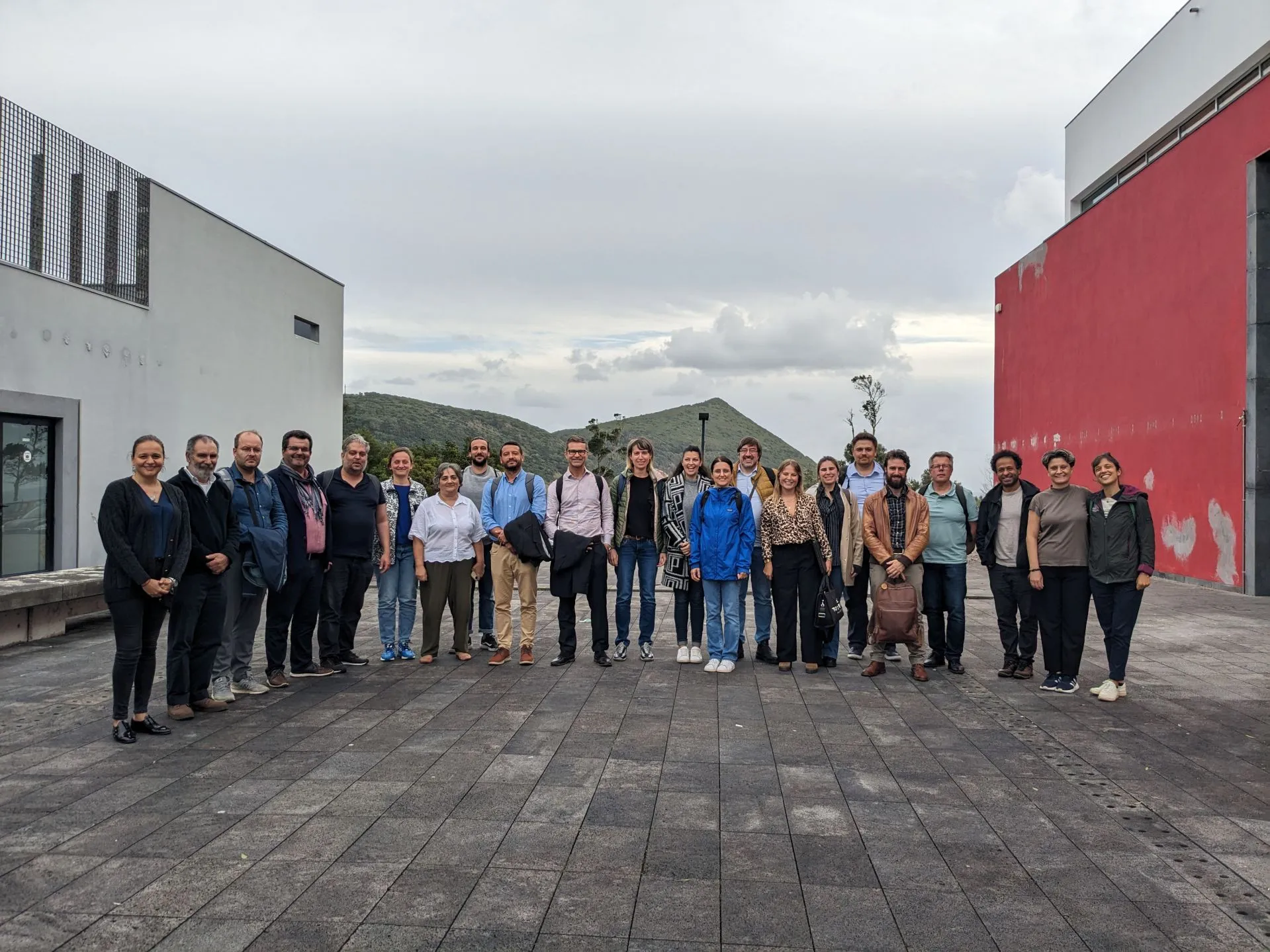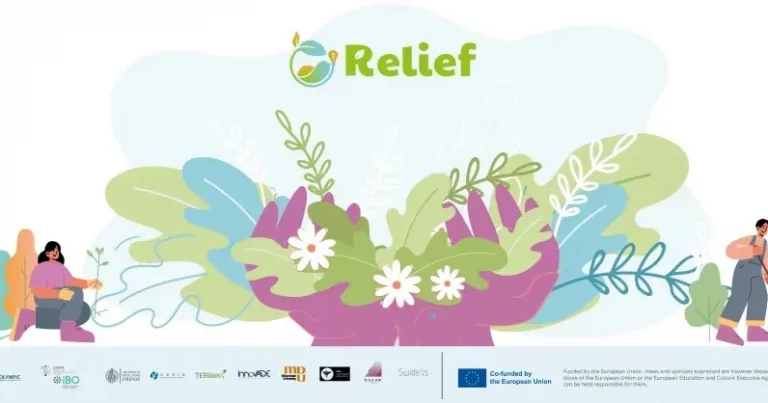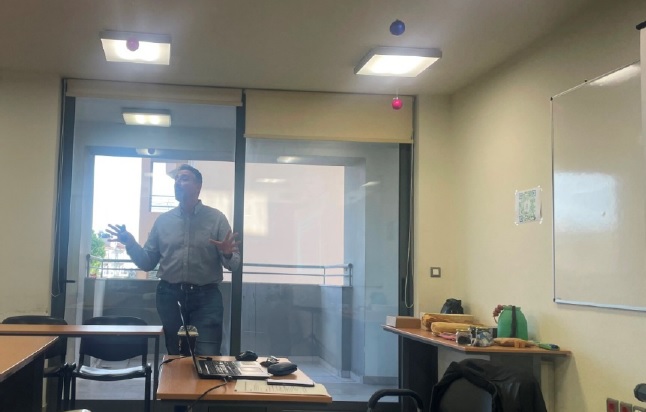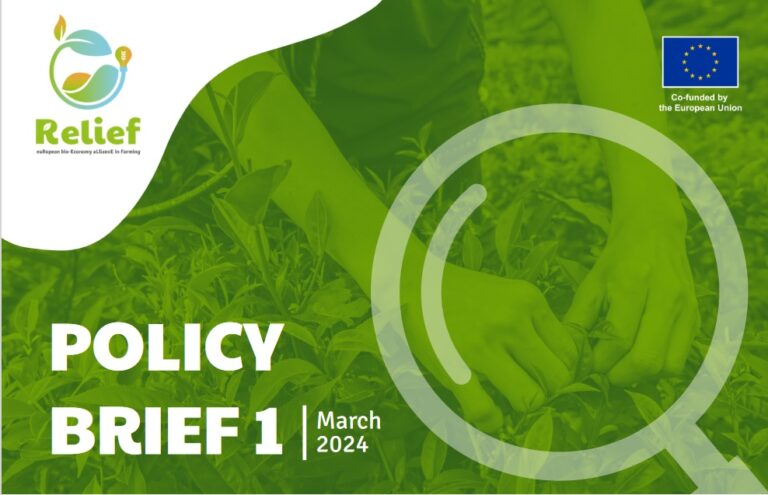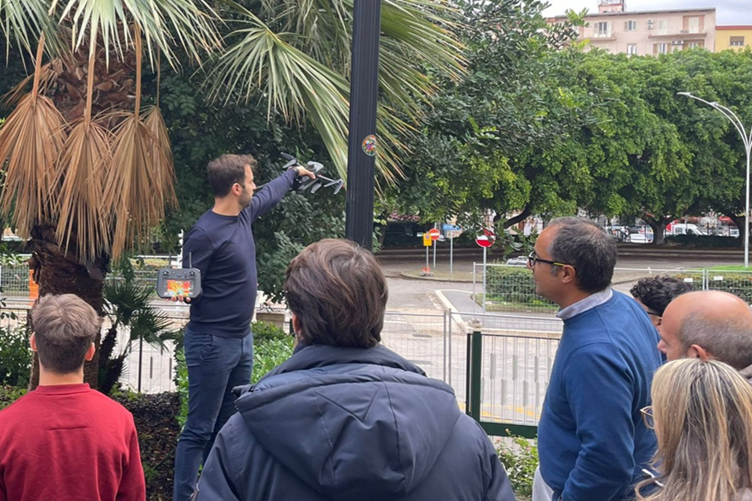In many EU countries there is a significant shortage of comprehensive training in the bioeconomy. In addition, there is a shortage of people with higher education in agriculture with competences in bioeconomy, a vital component in driving the green transition. This change requires professionals with a diverse set of skills and knowledge and capable of addressing the challenges of the agricultural sector with a systemic, creative and innovative vision.
Acknowledging this challenge, RELIEF is designing a training approach structured around the needs of learners and able to provide the necessary skills to lead the transition of the agricultural sector to the bioeconomy.
The objective is to strengthening the knowledge and skills of higher education students, farmers and agricultural advisors on the bioeconomy, preparing them to support farmers in this important change.
The primary focus of the third RELIEF project meeting, held in Terceira, Portugal, on October 25th and 26th, was the development of educational materials. With active participation from all partners, collaborative efforts in preparing educational materials and the platform hosting online courses were highlighted. Additionally, supportive materials and guidelines for delivering training were presented and discussed. Another aspect related to the development of educational materials delved into training methodologies and techniques, the training assessment methodology, and its accreditation.
In the meantime, the foundational document for the implementation of RELIEF training has been published and is accessible. This report outlines the training and assessment methodology of the RELIEF program, elucidating the interplay between training format, content, delivery, and evaluation. The report comprises three key sections:
- The Training Methodology Guide which presents to trainers and training providers the RELIEF training methodology and techniques, along with recommended adaptations to respond to country/target groups specific needs and/or requirements. The methodology will include theoretical frameworks, learning approaches, and recommended training techniques, and procedures.
- The alternative techniques and tools used in entrepreneurship, transversal skills, rural development, sustainability, social and/or human sciences and technology enhanced learning methods and tools as well as the rationale and suggested context for their application in bioeconomy education context under specific criteria.
- The methodology and tools developed for the assessment of the learning outcomes ensuring the provision of feedback loops by students and trainees in all the phases of the training.
Next year, following the completion of training materials and testing of the online learning platform, training will be piloted in Italy, Greece, Portugal, and Sweden.
The RELIEF project is halfway through its journey, and during the third project meeting, Project Officer Mr. Paolo Zancanella (EACEA) joined the partnership to offer valuable insights for tackling the second part of the project. In the upcoming phases, a significant focus will be on creating synergies with European projects funded by the Erasmus+ program which share similar objectives. Among these, BOOST “BOOSTing agribusiness acceleration and digital hub networking by an advanced training program on sustainable Precision Agriculture”, coordinated by Aristotle University of Thessaloniki, stands out. BOOST and RELIEF started a discussion on how to collaborate to strengthen the actions of both projects, such as organizing joint events and offering educational materials.
Lastly, the creation of national Hubs will bolster local networks of stakeholders and support farmers in adopting a more structured approach to the bioeconomy.
This marks a significant step forward in the creation of an innovative approach to teaching bioeconomy and supporting rural territories in adapting bioeconomy principles.

